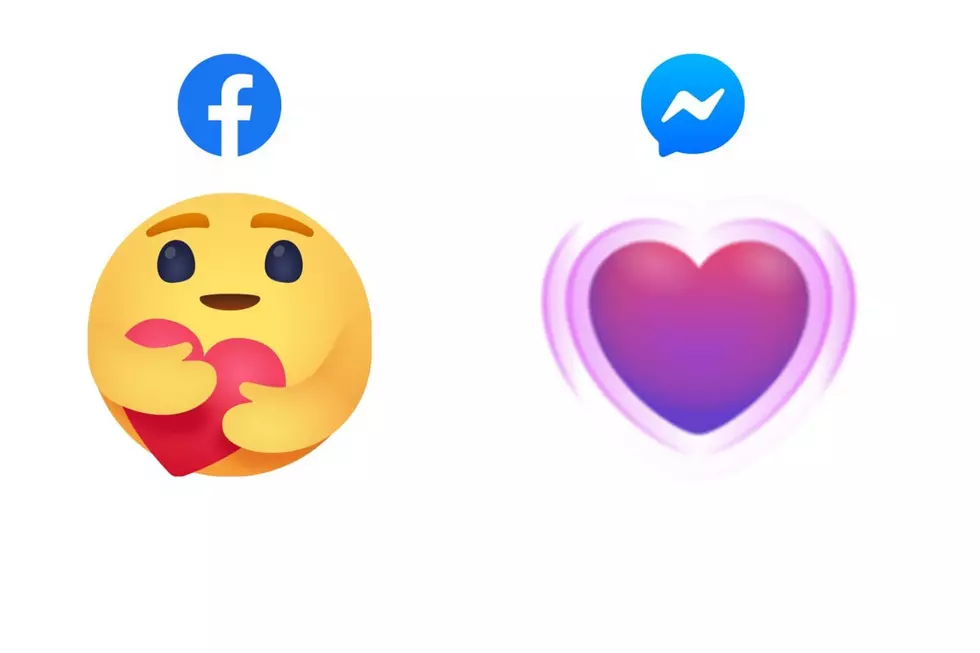
Scary News About Facebook “Likes”
Even if you never post your political views on Facebook, information about your religious beliefs or even hint about your sexual orientation, that information is easily available based on the "like" buttons you click. Marketers, credit agencies, corporations, potential employers, politicians or the government can discern accurate details about your personality, politics, religion, gender, intelligence, race and sexual orientation by the lasting fingerprint you leave when you click "like" to indicate your approval of everything from a new restaurant to a favorite musician. That's the alarming conclusion of a study conducted by researchers at the University of Cambridge in the England. "I can tell you with confidence that I can predict who you are without you telling me anything at all, just from your Facebook 'likes,'" lead study author Michal Kosinski told HealthDay News. While most of us jealously guard information we consider private, such as our medical history or finances, "liking" a new movie or a sports athlete on Facebook seems benign and unimportant. Wrong! Kosinski says sensitive inferences can be drawn by organizations from seemingly non-sensitive data. Based only on Facebook "likes," the Cambridge mathematical model predicted the following, reports HealthDay News:
- Gender: 93 percent of the time
- Race, which means white vs. black: 95 percent accuracy
- Sexual orientation: gay 88 percent of the time and lesbian 75 percent of the time
- Drug use: 65 percent accuracy
- Political affiliation, which means Democrat vs. Republican: 85 percent of the time
- Religion, which means Christian vs. Muslim: 82 percent accuracy
- Relationship status, which means single or with someone: 67 percent of the time
The most important finding of this study is that large amounts of seemingly trivial or innocuous information could be used to accurately depict an individual's personality characteristics, much of which we think of as private information. And here's the scary part: Unbeknownst to you, data brokers are mining your browsing history to sell that information to potential employers, politicians and others. What should you do? "People should be aware that whatever they do online can be used to infer traits and personality aspects way beyond what they believe it can be used for," said a researcher.
More From WDEA Ellsworth Maine







